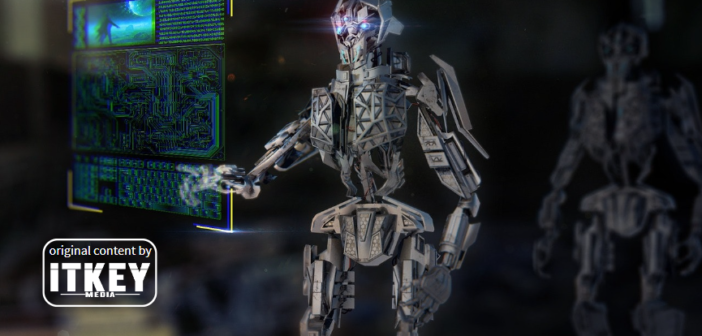The post was originally published in Polish on Artur’s LinkedIn profile. Artur kindly agreed that we repost what we think is of great value to our readers.
So what’s going on with AI? Well, it keeps happening. There have been several reports and studies, and the conclusions are the same: AI is developing very fast and has caught up with humans (those considered ‘average’) in terms of creativity.
It can be sad (that overall we have rather low competence and knowledge). Then,is there anything comforting? AI helps to even out the differences – the weaker and mediocre employees get a chance to catch up with the best individuals in their teams.

Artur Kurasiński, Serial Founder and Investor
Below are short descriptions and links to current research on AI that I find particularly interesting:
- “The results suggest that AI has reached at least the same level, or even surpassed, the average human’s ability to generate ideas in the most typical test of creative thinking (AUT). Although AI chatbots on average outperform humans, the best humans can still compete with them. However, the AI technology is rapidly developing and the results may be different after half year.”
- “Overall, an AI that is “too good” may induce workers to mindlessly follow algorithmic advice and lead to over-delegation. This suggests a fundamental distinction: maximizing the performance of a human using AI does not equal maximizing AI performance in isolation. Maximizing combined human/AI performance requires trading off the quality of AI recommendations with the potential adverse impacts on human effort provision.”
- A developer study found a 55.8% increase in productivity when using AI (and that’s using Copilot AI, which isn’t even state-of-the-art!)
- Consultants using AI completed an average of 12.2% more tasks, completed them 25.1% faster, and achieved 40% higher quality results than those who did not use it.
And something for good measure. What scale of influencing changes in human productivity can we currently talk about in terms of AI? Certainly bigger than the steam revolution.
- For a small, average factory in the U.S. in the 19th century, the addition of steam power increased productivity by 25%.
The new finding stirred the comment section quite a bit:
In my opinion, the gap between the weak and mediocre and the best will widen even further. In many cases, especially at the current level, the use of AI involves having knowledge and putting a lot of effort into acquiring it.
– Paweł Lipowczan, Co-Founder and CTO at ShareFund
Fortunately, the AUT test is only a poor approximation of creativity in its advanced form (the measurement applies to certain aspects of divergent thinking, which is only a certain predictor of creativity). Here, real progress is ahead. And for now, we can only talk about cooperation with AI in a hybrid model where AI helps a human at certain stages of the creative process. The research sounds groundbreaking, but the reality is a bit trivial for now.
We are, to some extent, hostages to how we ‘raise’ our algorithms. Isn’t it the case that AI is only as good as the data it learns from and the prompts we give it? Maybe instead of focusing on how fast AI is evolving, we should be thinking more about what values and priorities we are feeding to it? After all, it’s up to us to decide what data we give AI for learning and what questions we ask it. Maybe the key to better use of AI in the future is to shape these algorithms more consciously and ethically?
– Zbigniew Finfando, CEO at BSSG

Creator, entrepreneur and investor – I write about my experiences with startups, technology and business.





